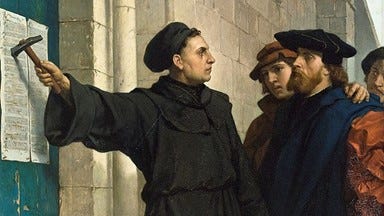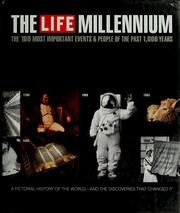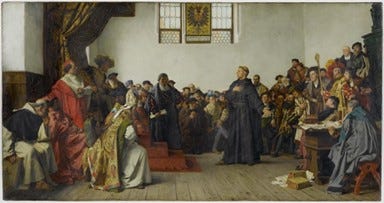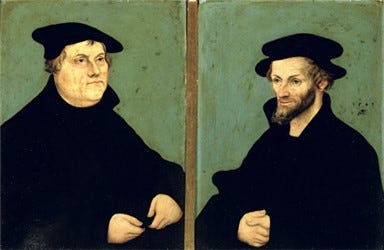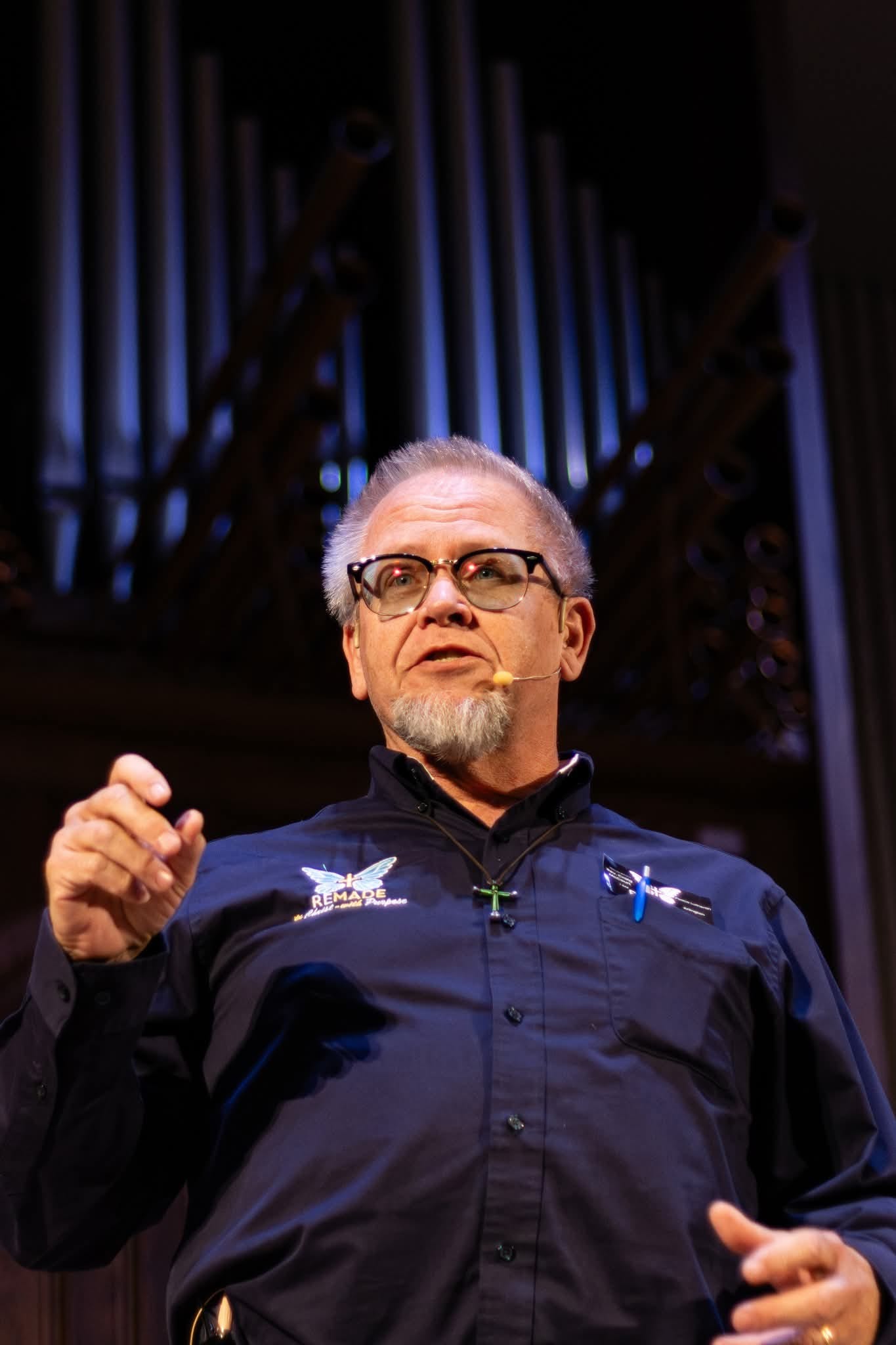The Hammer Blow Heard Round the World
A Monk and a Church Door
The Reformation was a pivotal movement in the early 16th century that reshaped the religious, cultural, and political landscape of Europe. It began in 1517 when Martin Luther, a German monk and theology professor, publicly challenged the Roman Catholic Church by posting his Ninety-Five Theses on the door of the Castle Church in Wittenberg. His primary concern was the sale of indulgences—payments made to the Church in exchange for the forgiveness of sins—which he saw as a distortion of true Christian teaching.
LIFE books, in their 1998 book The Life Millennium – The 100 most important events and people of the past 1,000 years, list Luther's Reformation as the third most significant event. His reformation, while it certainly affected the church, was more wide-reaching in its world events. LIFE wrote, “Political authority would never again be fully subject to the dictates of a distant clergy, and the map of Europe would be determined by the nationalism that still dominates world politics today.”
At the heart of Luther’s Reformation message was a call to return to the authority of Scripture and the foundational truths of the Christian faith. He argued that salvation comes by grace alone, through faith alone, in Christ alone. This stood in stark contrast to the Church’s emphasis on works, rituals, and ecclesiastical hierarchy. Luther also championed the idea that every believer has direct access to God, a concept known as the priesthood of all believers, which undermined the exclusive spiritual authority of the clergy.
Luther’s refusal to recant his views at the Diet of Worms in 1521 led to his excommunication, but his ideas continued to spread rapidly thanks to the printing press and growing public support. He translated the Bible into German, making it accessible to ordinary people, and his writings inspired widespread theological debate and reform.
In 1530, the Augsburg Confession, written by Luther’s colleague Philip Melanchthon, formally articulated the core doctrines of Lutheranism and helped unify the movement.
The Reformation had profound and lasting effects. It fractured the unity of Western Christianity, leading to the rise of Protestant denominations and altering the course of European history. It encouraged literacy, fostered individual conscience, and laid the groundwork for religious freedom. Though Luther never intended to start a new church, his insistence on reforming doctrine and practice led to the establishment of Lutheranism, which continues to uphold his vision of a Christ-centered, grace-filled faith rooted in Scripture.
Central to the theological framework of the Reformation are the Five Solas—Latin phrases that summarize its core convictions. Sola Scriptura affirms that Scripture alone is the ultimate authority in matters of faith and life. Sola Fide declares that justification comes through faith alone, not by human effort. Sola Gratia emphasizes that salvation is a gift of God’s grace alone, unearned and undeserved. Solus Christus proclaims that Christ alone is the mediator between God and humanity, the source of salvation. And Soli Deo Gloria reminds believers that all glory belongs to God alone. Together, these Solas form a powerful declaration of gospel freedom and remain foundational to Lutheran theology today.
In the next few days, we will look at the great Solas of the Reformation in our Blog Posts.
Share this with a friend and invite them to follow along on our journey of pondering what God has done.



